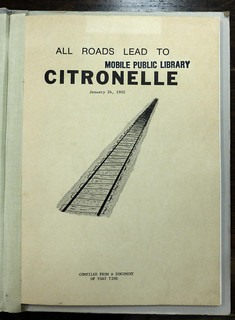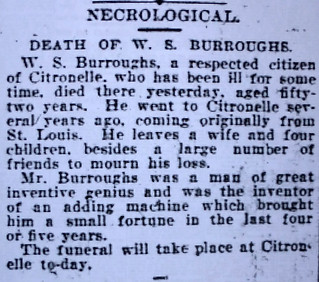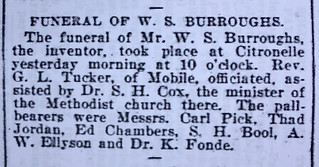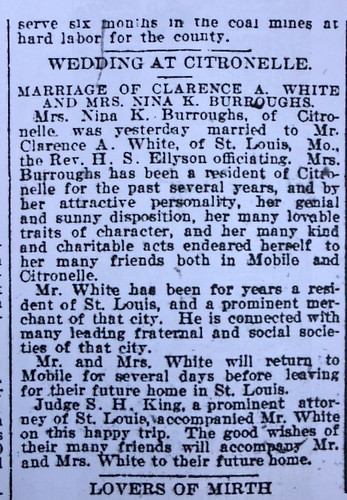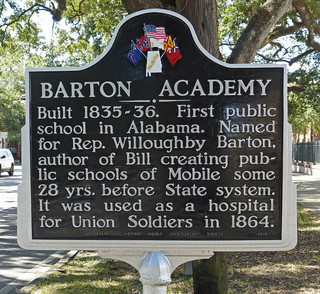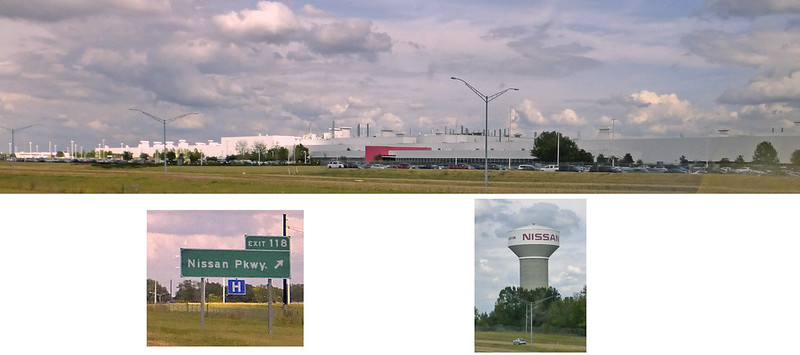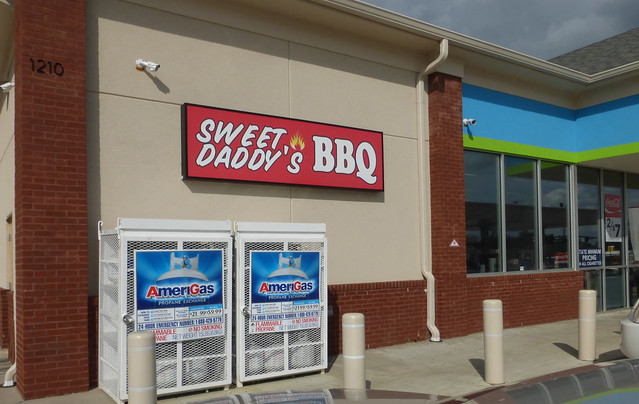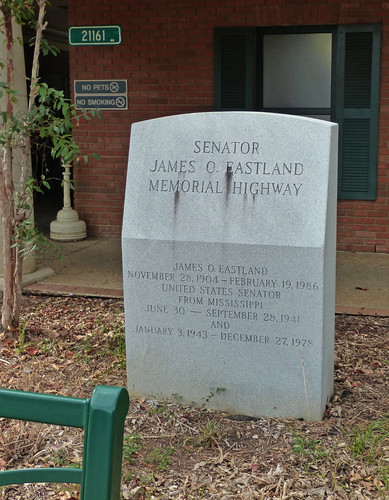On the way out of the city, I soon found myself in the town of Prichard. I noticed the Sawyer furniture company on my right and decided I should stop to visit.

Now these are not "my Sawyers." My Sawyer family comes from the delightful town of Eufaula over on the Georgia border. But Sawyer is a fairly common name in this English heritage state.
I quickly noted that the Sawyer furniture store appeared to have fallen on hard times and was for lease by the Sawyer realty company.
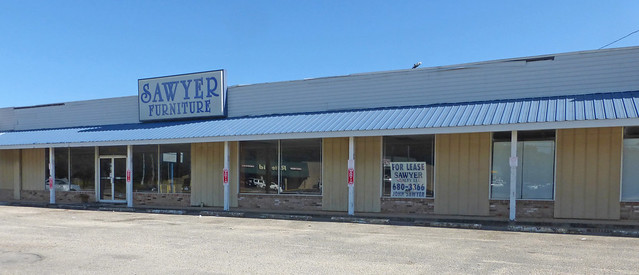
In the course of driving through town and turning around, I noticed that the Sawyers might have done quite well if they had been in the business of selling iron bars and razor wire.
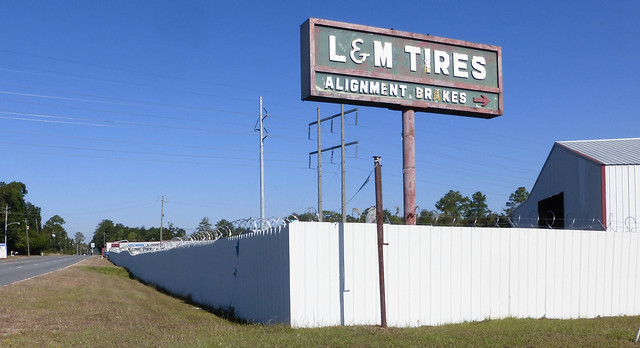

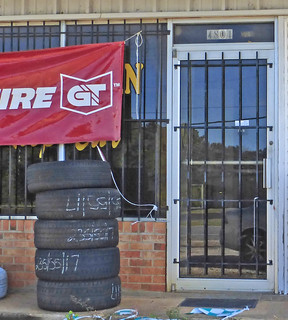
What on earth is this town? I looked up Prichard later and discovered that it might well forecast the future for your own town. The discussion of municipal finance and pension obligations makes most people's eyes glaze over. But this stuff has real consequences and many cities, large and small, are on a route that ends in a place like Prichard.
From the New York Times of December 22, 2010:
This struggling small city on the outskirts of Mobile was warned for years that if it did nothing, its pension fund would run out of money by 2009. Right on schedule, its fund ran dry.
Then Prichard did something that pension experts say they have never seen before: it stopped sending monthly pension checks to its 150 retired workers, breaking a state law requiring it to pay its promised retirement benefits in full.
...The situation in Prichard is extremely unusual — the city has sought bankruptcy protection twice — but it proves that the unthinkable can, in fact, sometimes happen. And it stands as a warning to cities like Philadelphia and states like Illinois, whose pension funds are under great strain: if nothing changes, the money eventually does run out, and when that happens, misery and turmoil follow.
...“Prichard is the future,” said Michael Aguirre, the former San Diego city attorney, who has called for San Diego to declare bankruptcy and restructure its own outsize pension obligations. “We’re all on the same conveyor belt. Prichard is just a little further down the road.”















